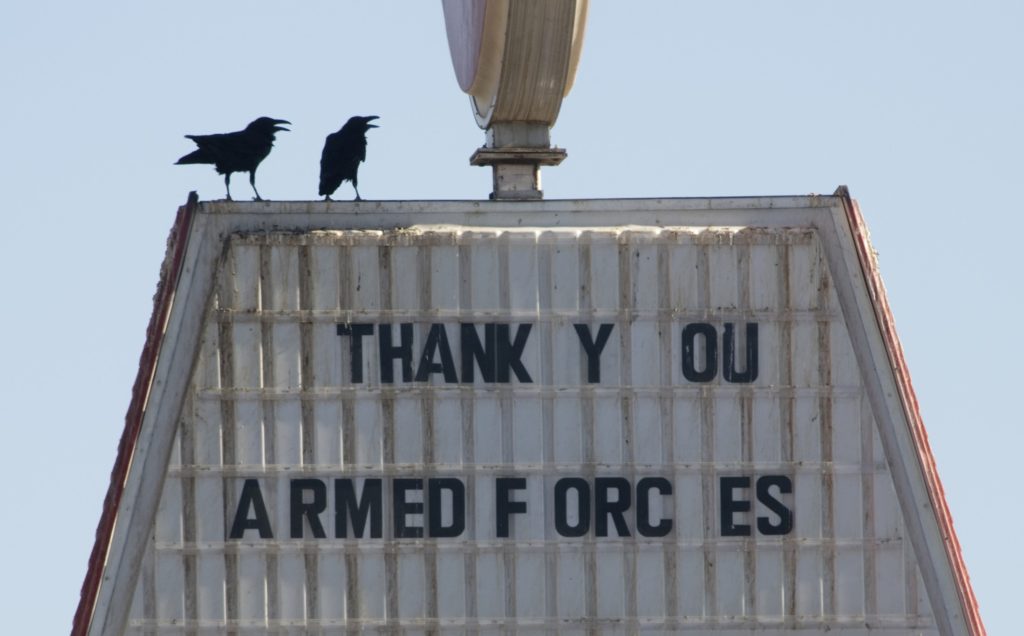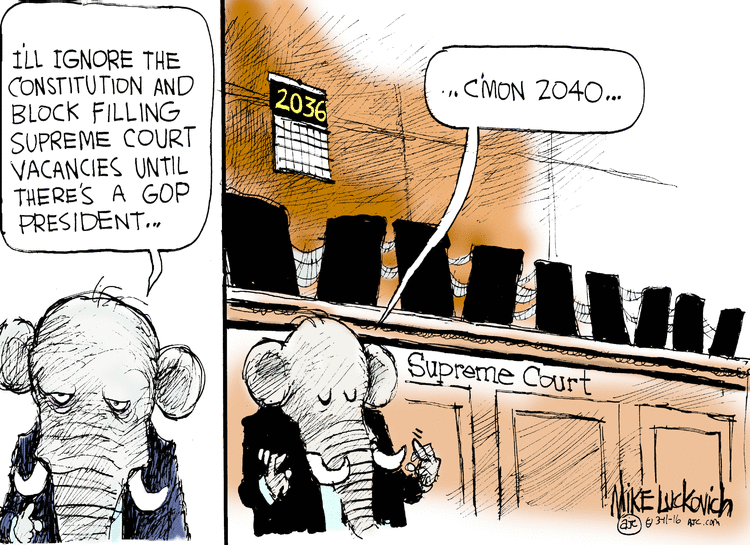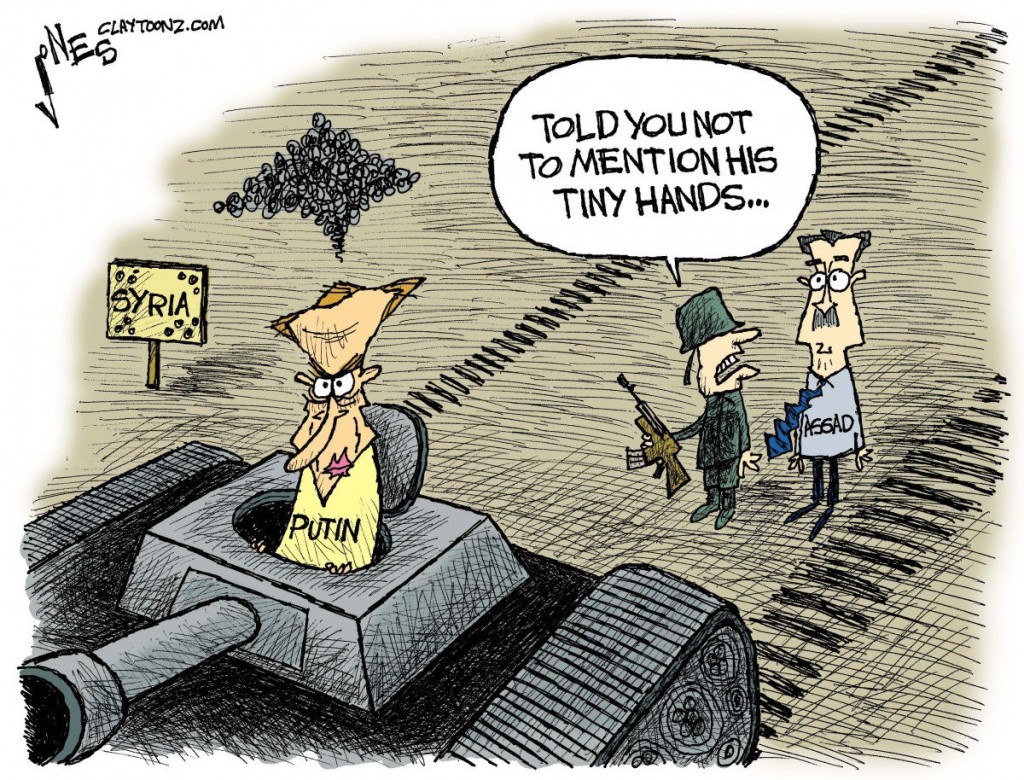It is always good to know why and how we got where we are. Here is a little history about our military position in the Middle East. From Steve Coll in the New Yorker:
In 1967, British Prime Minister Harold Wilson gave up on the remnants of Pax Britannica. His Labour Government pulled British forces from Malaysia, Singapore, Yemen, Dubai, Qatar, Bahrain, Abu Dhabi, and other Persian Gulf emirates.
At the time, Denis Healey, the British Defense Secretary, said England should not:
Become mercenaries for people who would like to have a few British troops around.
And since nature doesn’t tolerate a vacuum, the US decided to leave a few American troops stationed permanently in the Gulf.
Now, 49 years later, American warships still patrol the Middle East. US fighter jets fly from a massive base in Qatar. Over the decades, Republican and Democratic administrations (and Congresses) have colluded to give a blank-check to successive presidents, keeping our troops deeply involved in the ME.
Andrew Bacevich has a new book, “America’s War for the Greater Middle East: A Military History,” which highlights the inexplicable passivity of Congress in our ME wars. He points out that from the end of World War II until 1980, virtually no American soldiers were killed in action while serving in the Middle East, while since 1990, virtually no American soldiers have been killed in action anywhere except the ME.
After the Cold War wound down in the 1980s, the US began what Bacevich calls the “War for the Greater Middle East”. As this new war unfolded, hostilities became persistent: From the Balkans to the Persian Gulf and Central Asia, US forces embarked upon a seemingly endless series of campaigns in the Islamic world, without conclusive success.
Actions undertaken with expectations of promoting peace and stability produced just the opposite. As a consequence, phrases like “war on terrorism,” “permanent war” and “open-ended war” have become part of our everyday politics. When it came to the ME, despite Congress having the Constitutional duty to declare war, they stopped offering any check or balance to America’s continuing ME wars.
It wasn’t always that way.
In 1964, Congress passed the Tonkin Gulf Resolution. The Congress urged President Lyndon Johnson “to take all necessary measures to repel any armed attack against the forces of the United States and to prevent further aggression” across the length and breadth of Southeast Asia. LBJ used it as legal cover to ramp up in Vietnam, as well as in Cambodia and Laos.
Fast forward to 2001, and Congress passed the Authorization to Use Military Force (AUMF). We can consider it to be the grandchild of the Tonkin Gulf Resolution. This directed President George W. Bush:
To use all necessary and appropriate force against those nations, organizations, or persons he determines planned, authorized, committed, or aided the terrorist attacks that occurred on September 11, 2001, or harbored such organizations or persons, in order to prevent any future acts of international terrorism against the United States by such nations, organizations, or persons.
In plain language, it was a blank check. Now, nearly 15 years later, the AUMF remains operative, and has become the basis for military actions against innumerable individuals, organizations, and nations with no involvement whatsoever with the events of September 11, 2001.
And in 2015, when Obama asked Congress for a new AUMF addressing the specific threat posed by ISIS, asking that they rubber-stamp what he had already launched in Syria and Iraq, Senator Mitch McConnell worried that a new AUMF might constrain his successor. The Majority Leader remarked that the next president will:
Have to clean up this mess, created by all of this passivity over the last eight years…an authorization to use military force that ties the president’s hands behind his back is not something I would want to do.
So, Republicans think the proper role for Congress was to give this commander-in-chief carte blanche so that the next one would enjoy similar unlimited prerogatives. The GOP-controlled Congress thereby has transformed the post-9/11 AUMF into what has now become, in effect, permission for permanent armed conflict.
The illogic astounds: On ME warfare, Republicans collaborate with a president they despise, implicitly concurring with Obama’s claim that “existing statutes [already] provide me with the authority I need” to make war on ISIS.
Something that is at best, extra-Constitutional.
Yet, when Obama is clearly acting in accordance with the Constitution, nominating a new Justice to fill a vacancy on the Supreme Court, they spare no effort to thwart him, concocting bizarre arguments to justify their obstructionism.
How does Congress square shirking its responsibilities in our ME war with its activism against Merrick Gardner?






 America has decided:
America has decided:










